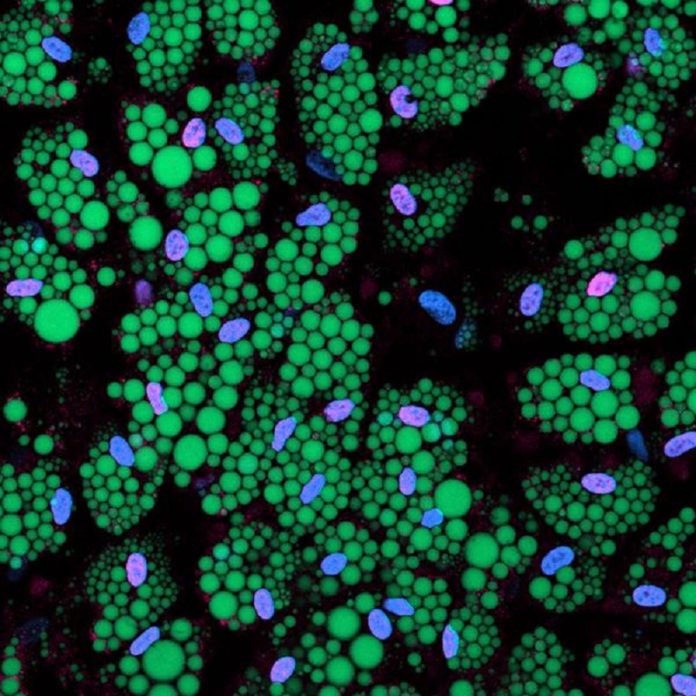EPFL scientists have recently developed awarded a research grant to the lab of Professor Bart Deplancke supporting the development of a web-based platform to analyze the transcriptome of single cells. The interesting is that the platform now becomes part of the network of open computational tools for the Chan Zuckerberg’s project Human Cell Atlas (HCA).
The Human Cell Atlas is an international effort to map every type of cell in the healthy human body as a resource for studies of both health and disease. The HCA aims to revolutionize the understanding of human anatomy and cell biology and shall provide scientists with a fundamental source to better understand how healthy cells work, and what goes wrong when disease strikes.
One of the cornerstones of the HCA is investigating the transcriptome, a term that alludes to all the dispatcher RNA particles communicated by a living being’s qualities to speak to every one of the proteins it produces. Breaking down the transcriptome of single cells requires inside and out bioinformatics ability, which makes the approach unavailable to numerous examination gatherings.
Scientists then started developing an “automated single-cell analysis pipeline” (ASAP) to address this limitation. It allows scientists to analyze their own data and compare algorithms used in studying transcriptomes. ASAP can also detect differential expression of genes and gene clustering, produce heat-maps and analyze functional enrichment to identify and characterize novel cell clusters or specific cell types. ASAP has already attracted a significant number of users.
Priscilla Chan MD, co-founder of the Chan Zuckerberg Initiative (CZI) said: “I am thrilled to welcome this distinguished group of grantees to the CZI family, and I am excited about how they will support the ambitious Human Cell Atlas effort. Working together and with our team of scientists and engineers, these partners will create new ways for scientists to use information about healthy and diseased cells. Their efforts will help to accelerate progress toward our goal of curing, preventing, or managing all diseases by the end of the century.”
“We are excited to begin working on these promising projects with new partners from across the globe. These grantees include experts in experimental biology, engineering, and computational biology. Enabling them to collaborate and bring their diverse perspectives to the work is the core of our approach to advancing biomedical science.”
The Chan Zuckerberg Initiative was launched in December 2015 by Mark Zuckerberg, founder, and CEO of Facebook, and Priscilla Chan, a pediatrician and founder and CEO of The Primary School in East Palo Alto. The Chan Zuckerberg Initiative is a new kind of philanthropy that seeks to engineer change at scale.
By pairing world-class engineering with grant-making, impact investing, policy, and advocacy work, CZI hopes to build a future for everyone. Initial areas of focus include supporting science through basic biomedical research and education through personalized learning. CZI is also exploring ways to address barriers to justice and opportunity – from criminal justice reform to expanded access, to economic opportunity and affordable housing.
